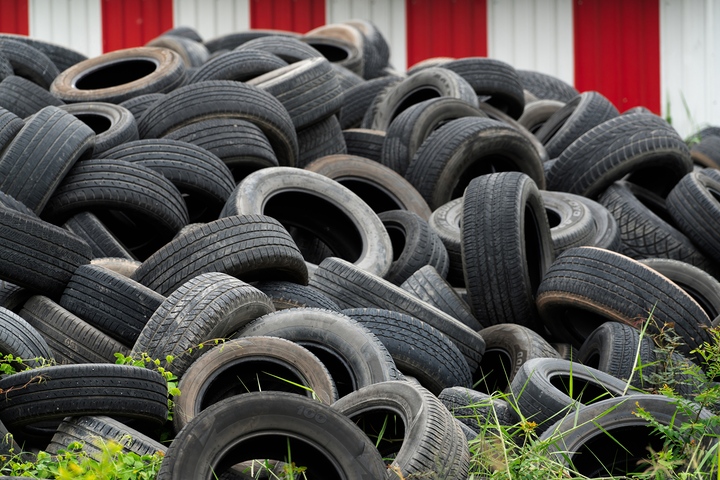RESEARCH
Recycling breakthrough for thermosets / Material touted as fully chemically recyclable, biodegradable
— By Plasteurope.com correspondent —
Scientists at Cornell University’s College of Arts & Sciences (A&S) have made a breakthrough in the world of thermoset materials by producing a bio-sourced variety that can be recycled.
Scientists at Cornell University’s College of Arts & Sciences (A&S) have made a breakthrough in the world of thermoset materials by producing a bio-sourced variety that can be recycled.
 Such sights might in future be a thing of the past: Cornell researchers have developed a fully recyclable, biodegradable thermoset variant (Photo: PantherMedia/Fahroni_YAYMicro) |
Writing in the Cornell Chronicle, the institution’s magazine, Kate Blackwood noted that traditional thermoset materials – which comprise between 15% and 20% of all polymers produced – are impossible to recycle, due to their “crosslinked polymer” chemical structure. “Currently, zero percent of the world’s thermoset materials are recycled,” according to Brett Fors, professor of chemistry and chemical biology at A&S.
But researchers Reagan Dreiling and Kathleen Huynh, working with Fors, have now created an alternative made from a bio-sourced material that features crosslinked thermosets’ durability and malleability.
The new material, however, can be fully chemically recycled using heat and acid and can degrade in the open environment over time.
Related: European scientists decode enzyme that could biologically degrade styrene
“The Fors group studies dihydrofuran (DHF), a monomer that can be made from biological materials and has the potential to eventually compete with petroleum-based feedstocks,” said Blackwood. “DHF thermosets show comparable properties to commercial thermosets, including high-density polyurethane (used in items like electronics instruments, packaging, and footwear) and ethylene propylene rubber, used in garden hoses and automotive weather seals.”
“We’ve spent 100 years trying to make polymers that last forever, and we’ve realised that’s not actually a good thing. Now we’re making polymers that don’t last forever, that can environmentally degrade,” Fors said.
13.02.2025 Plasteurope.com [257325-0]
Published on 13.02.2025
